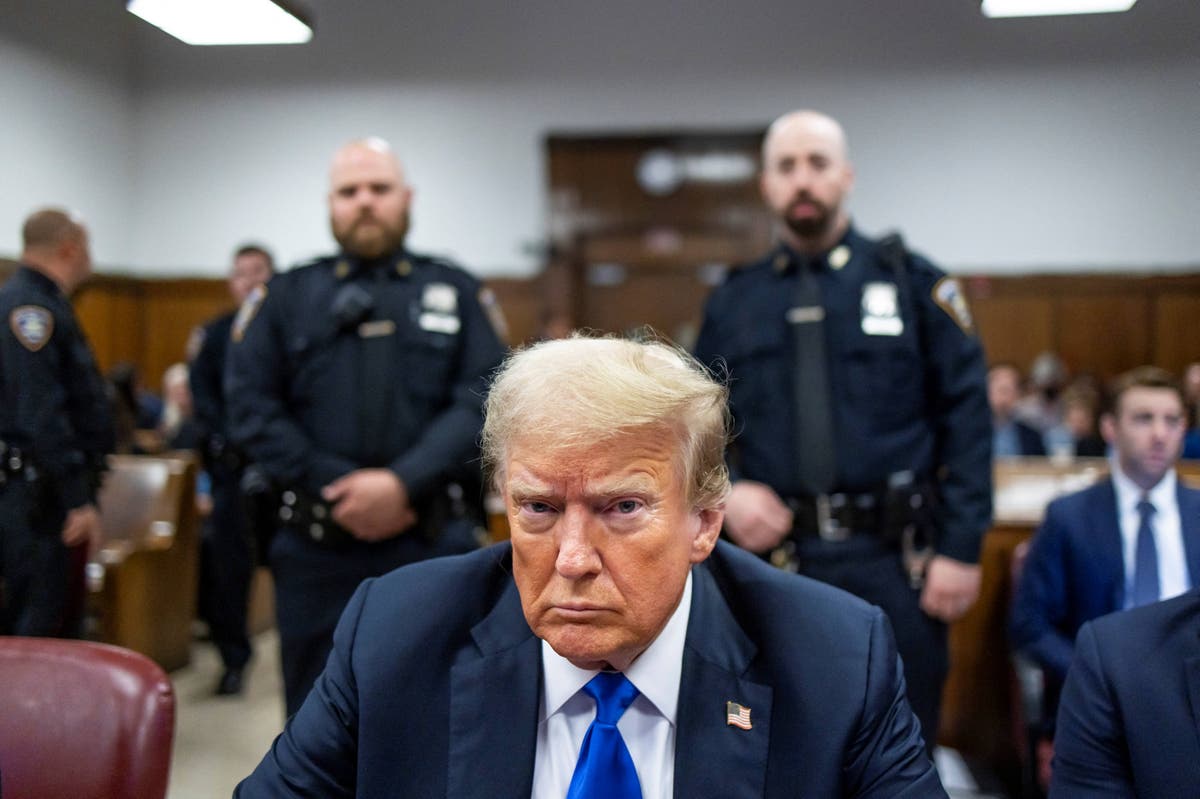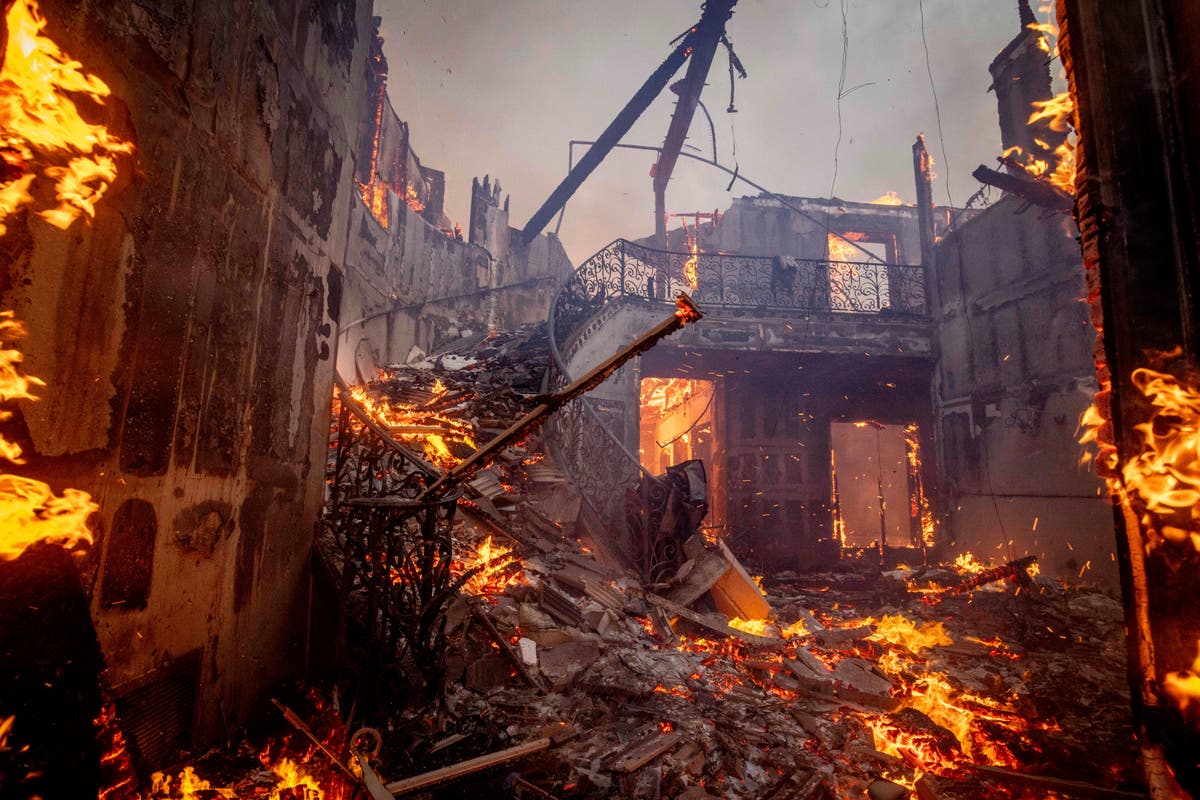South Korea's political landscape is in turmoil as impeached President Yoon Suk Yeol refuses to cooperate with investigations, leading to a standoff with government forces outside his presidential compound. The situation, marked by a tense confrontation last week, highlights the country's deep political divisions.
Weeks of resistance from President Yoon have followed his controversial imposition of martial law, a move swiftly overturned by the legislature. This dramatic escalation saw dozens of investigators blocked from entering the compound by hundreds of presidential security guards.
A government anti-corruption agency, seeking to detain Yoon, has requested police intervention, citing perceived shortcomings in its own efforts. Court warrants for Yoon's detention and the search of his residence have been issued. However, Yoon's legal team contests the agency's move, characterizing it as illegal.
Yoon maintains that his actions were necessary to counter a legislative agenda blocked by the opposition. He vows to resist removal efforts, despite the impeachment vote and ongoing Constitutional Court deliberations. The short-lived martial law declaration, which dispatched troops to surround the parliament, has further exacerbated the country's already polarized political climate.
The anti-corruption agency, working with police and the military, faces the task of presenting sufficient evidence to address potential charges of rebellion, stemming from the martial law declaration. Yoon's lawyers have lodged complaints against the agency's chief prosecutor and several officers involved in the previous detention attempt.
Despite attempts to detain him, Yoon remains within his compound. A tense standoff between investigators and presidential security forces ended Friday, with investigators reaching within 200 meters of his residence but stymied by a barricade. President Yoon's security chief defended the actions, emphasizing the duty to protect the incumbent president.
South Korea's political history and unique geopolitical context are key to understanding the current crisis. Sandwiched between major global powers for centuries, the nation's political landscape has often been marked by conflict and division. The country's contentious past, including previous presidents facing corruption charges and removal, highlights the deep-seated political tensions. The country's history of authoritarian rule followed by a transition to democracy has played a role in recent events. The 2016 protests against President Park Geun-hye, who faced removal from office due to corruption allegations, offer a pertinent comparison.
The ongoing standoff between the president and the government illustrates a significant challenge to the rule of law in South Korea. The political impasse raises concerns about the future of the nation's democratic institutions and the potential for further escalation. Further developments, including a possible court-ordered extension of the detention window and potential renewed attempts at detention by the anti-corruption agency, are anticipated.







